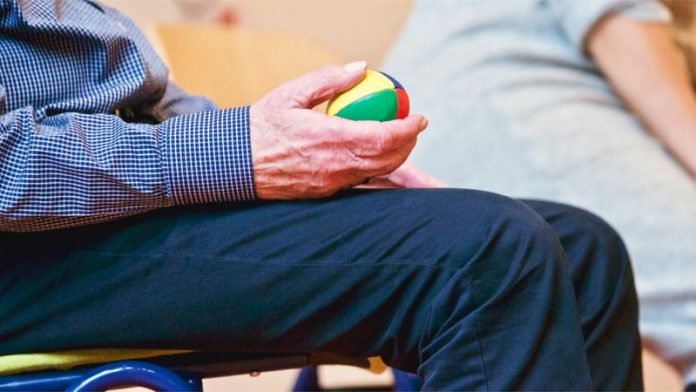
In a new study, researchers have found a forgotten symptom of dementia.
The symptom is called apathy. It is the most common neuropsychiatric symptom of dementia, with a bigger impact on function than memory loss.
However, the symptom is under-researched and often forgotten in care.
The research was led by a team from the University of Exeter.
Apathy is defined by a loss of interest and emotions. It is present nearly half of all people with dementia and is often distinct from depression.
Although the condition common, it is often ignored as it is less disruptive in settings such as care homes than symptoms like aggression.
Previous research has shown the condition is extremely distressing for families and it is linked with more severe dementia and worse symptoms.
In the new study, the team analyzed 4,320 people with Alzheimer’s disease from 20 cohort studies to look at the prevalence of apathy over time.
At the start of the study, 45% presented with apathy, and 20% had persistent apathy over time.
The researchers found that a proportion had apathy without depression.
This suggests that the symptom may have its own unique features when compared to apathy with depression and depression only.
The team says that apathy is an under-researched and often ignored symptom of dementia.
It can be overlooked because people with apathy seem less disruptive and less engaging, but it has a huge impact on the quality of life of people living with dementia, and their families.
Where people withdraw from activities, it can accelerate cognitive decline and we know that there are higher mortality rates in people with apathy.
It’s now time this symptom was recognized and prioritized in research and understanding.
One author of the study is Dr. Miguel de Silva Vasconcelos, of the University of Exeter and King’s College London.
The study was presented at the Alzheimer’s Association International Conference in LA.
Copyright © 2019 Knowridge Science Report. All rights reserved.



